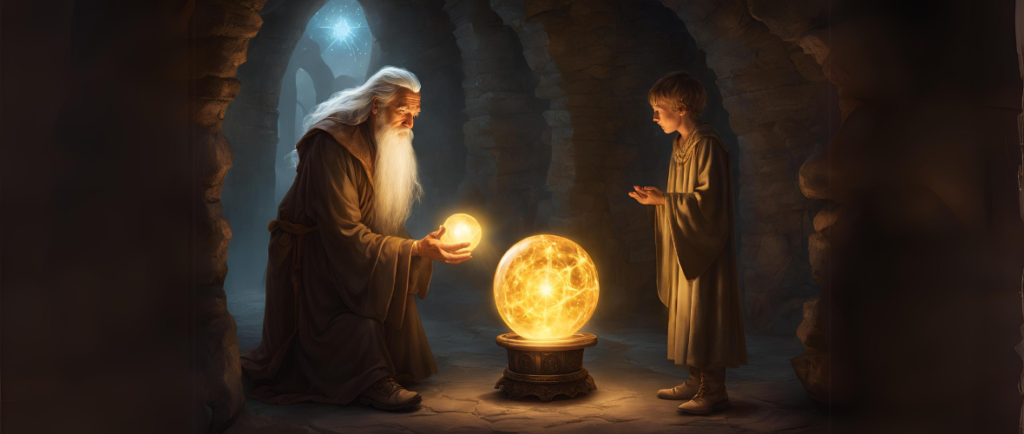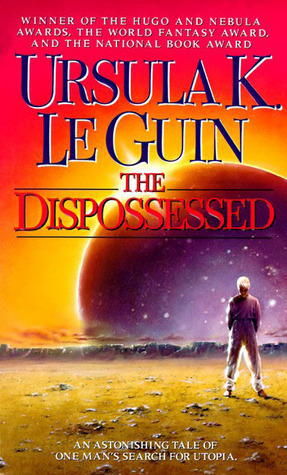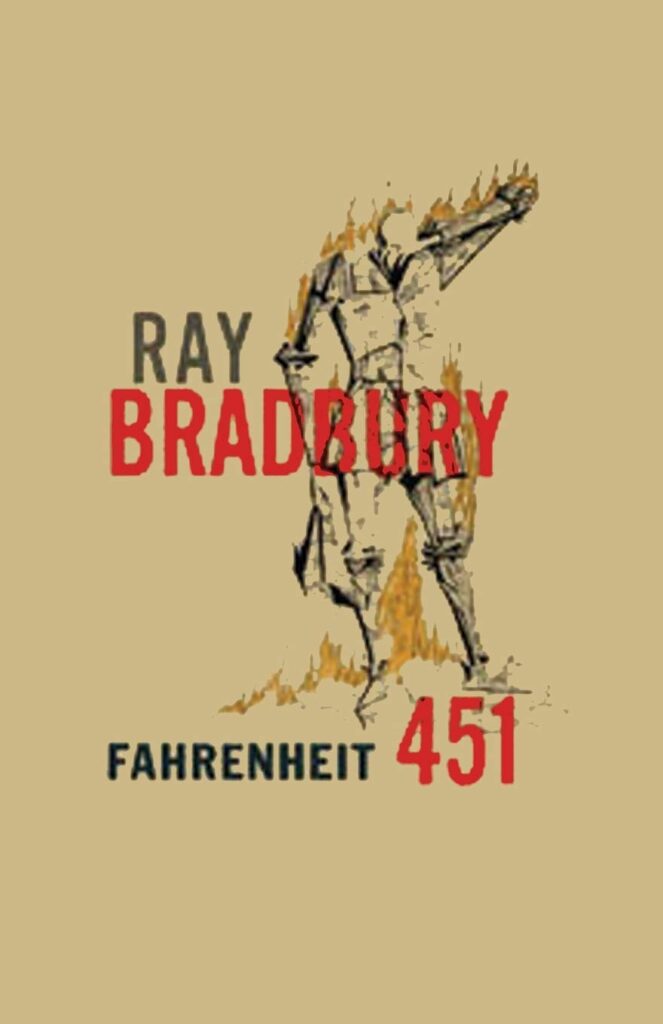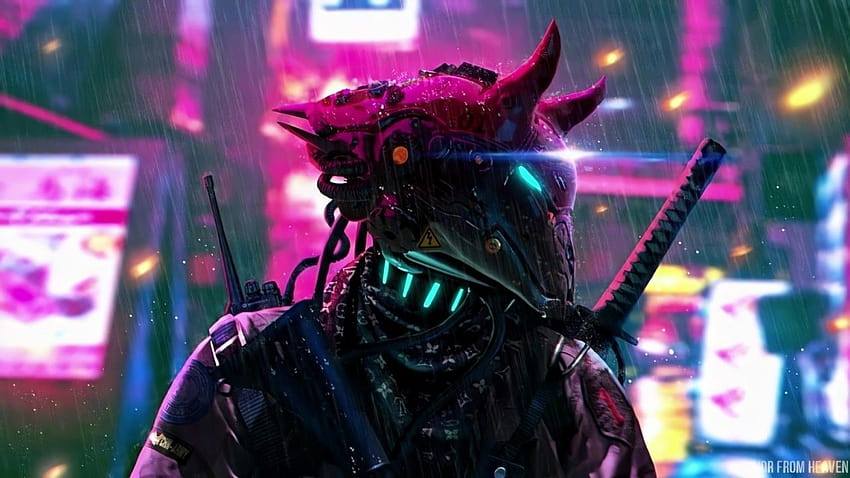Elder vs. Youth: How Generational Discord Forges Fantasy Realms
“She couldn’t understand why they didn’t try something different when what they were doing wasn’t working.” Ayla, the Cro-Magnon protagonist, in The Clan of the Cave Bear by Jean Auel. Ayla introduces new ideas and skills, such as advanced tool-making and hunting techniques, which clash with the Neanderthal clan who follow strict traditions, and a rigid belief system rooted in survival and ancestral worship.
“I must not fear. Fear is the mind-killer. Fear is the little death that brings total obliteration. I will face my fear. I will permit it to pass over me and through me.” Paul Atreides, the protagonist, in Dune by Frank Herbert. Paul brings new political and technological strategies to the Fremen, merging his advanced upbringing with their ancient ways. This quote is his modern approach to handling challenges, emphasizing personal mastery and internal strength, which contrasts with the Fremen’s reliance on religious rituals and tradition.
How do writers use a generational gap between characters within a novel to amplify conflict and growth? Elders can be deeply rooted in ancient beliefs and lore and may insist on preserving time-honored practices as the key to survival, while younger characters seek new solutions to evolving threats. These tensions not only shape family relationships but also impact individual identity formation, as characters wrestle with their roles in preserving or transforming their world. The push and pull between upholding the past and embracing the future creates fertile ground for conflict, growth, and the redefinition of responsibility. In the end, the struggle to protect society becomes as much about finding common ground between generations as it is about facing external dangers, with ancient wisdom and modern innovation both playing vital roles.
Here are six methods for writers to use generational gaps:
- Different generations often have varying views on what responsibility means and how it should be carried out. These conflicts lead to misunderstandings, power struggles, or shifts in the burden of responsibility.
The Inheritance Theory by N.K. Jemisin. The older gods are set in their ways, while the new generation seeks to challenge and change the established order, leading to a complex interplay of traditional and evolving views on responsibility. Older generations might be more concerned with maintaining tradition, stability, or past commitments, while younger generations may prioritize change, innovation, or rebellion.
The Wheel of Time series by Robert Jordan. The clash between the traditional Aes Sedai methods and the new approaches introduced by the younger characters highlights different views on responsibility. - Younger generations are being forced to deal with the consequences of decisions made by their predecessors. This generation gets stuck cleaning up the mess. This creates a sense of inherited responsibility that can lead to resentment or rebellion.
The Dispossessed by Ursula K. Le Guin. Shevek, the young protagonist, faces the impact of decisions made by the founders of the two contrasting societies on the planet Urras and its moon, Anarres, and struggles to reconcile the ideals of their ancestors with the realities of their present world.
The Hunger Games by Susanne Collins. Katniss Everdeen and her generation are forced to deal with the harsh reality of the Hunger Games, a brutal tradition established by previous leaders of the Capitol. The novel highlights how the younger generation must confront and resist the oppressive legacy left by their predecessors. - The older generation might be reluctant to relinquish power or adapt to new ideas, which can stifle collective efforts to address pressing issues. Younger characters may feel that their contributions are undervalued, or that they are being forced to follow a path they don’t believe in, leading to a breakdown in unity.
Fahrenheit 451 by Ray Bradbury. Guy Montag, the protagonist, faces severe pushback as he begins to question the status quo and seeks to challenge the anti-intellectual norms of his world where books are banned and critical thinking is suppressed. The society depicted in this novel is deeply resistant to change.
The Handmaid’s Tale by Margaret Atwood. Offred, the protagonist, survives in a society that resists any change to its patriarchal norms with an oppressive system of traditional gender roles that are enforced with brutal rigidity. She directly conflicts with maintaining the established order and desires freedom and reform. - Both elder and younger groups reevaluate their responsibilities finding a synthesis of old and new ideas strengthening the group’s ability to act collectively and showing growth and change within a fantasy world.
The Giver by Lois Lowry. Jonas, a young protagonist, learns from the wisdom of the elderly Receiver of Memory, The Giver. The synthesis of the old and new perspectives leads Jonas to challenge the oppressive societal norms, fostering change and growth in both himself and his community. - The concept of collective guilt, where an entire generation or lineage is blamed for the actions of a few individuals, can lead to intergenerational conflicts as descendants struggle with the burden of guilt for something they didn’t directly cause. The tension between accepting responsibility for past wrongs and forging a new path forward becomes a central theme.
The Buried Giant by Kazuo Ishiguro. A collective memory of a massacre committed by King Arthur’s knights, which has been magically erased from the minds of the people, resurfaces and entire communities and future generations must reckon with the actions of a few individuals from the past. This exploration of how the burden of guilt and the need for revenge ripple through generations, leads to conflict and tragedy for descendants who weren’t directly involved.
The Poppy War by R F Kuang. Rin, the protagonist, a war orphan, rises through the military academy only to find herself entangled in a brutal conflict. The novel deals with the legacy of past wars and atrocities committed by previous generations. Rin and her generation are burdened by the lingering effects of these actions, leading to devastating consequences as they struggle with inherited responsibilities and guilt. - Elders may also foster growth, where older characters mentor the younger generation, guiding them in taking on collective responsibility. This can be considered passing the torch, showing how responsibility evolves and adapts across generations.
The Belgariad by David Eddings. Young Garion, the protagonist, is mentored by his wise and powerful Aunt Pol (Polgara the Sorceress) and his grandfather, Belgarath, both ancient sorcerers. They guide Garion as he comes to terms with his destiny to confront an evil god and save the world. Throughout the series, Garion learns about his heritage, power, and the weight of the responsibilities he must bear, all under the careful mentorship of these older, experienced characters.
In my work, I try and balance the ancient with the modern. My upcoming novel Trena, the Memory Reader will be released later this year, and within the pages, you will see new magic and ancient customs merging. For example, in this sample scene, Trena has just read Shamt Golis’s memories as a test of her gift.
“Tell me, child. Tell me of your sight. I have no fears.”
Trena wiped her sweaty brow and shuddered at that confirmation. She was alone with her knowing. “I saw you twice. A youth chasing a flying Daywitcher. And you netted it. But you cried when it died.”
Shamt Golis drew in a breath, obviously remembering that simple but tragic memory. His hand motioned for her to regain her seat beside him.
She wrapped her arms around herself and shook her head. “The second was…was the day of a woman’s death. Some drinking pub, an early birthing, the woman and babe lost.”
His eyes closed, and he swallowed. After a moment, he returned from wherever he had withdrawn. “While I’d like nothing more than to leave that memory where I buried it, I must ask more.” He drew a breath. “Can you tell me if you are seeing these things through my eyes? Do you hear the sound? Do you feel my emotions? This is astonishing. Tell me everything.”
“I see another’s memory as if it were happening once more. I’m close to the person, watching all from nearby. The sound is heard, but not sharp and clear. And I can feel it all, but it only crushes my heart, unlike the one that lived through it, for them it destroys something within and leaves an unhealed wound.” Trena gasped out her thoughts, still somewhat in the vision’s anguish.
Shamt Golis watched her with an unblinking stare. He was clearly dazed by her admissions. He reached down to lift his tea, and she saw the liquid in his small glass shiver as his grasp trembled. Somehow that made her feel better knowing she was not the only one unsteady of her ability. Trena heaved in breaths to slow her racing blood. She rubbed her eyes beneath the bottom of the visor, a futile attempt to erase someone else’s tragedies.
“Perhaps we should start with breathing.”
Trena looked up at him and blinked.
Shamt Golis tilted his chin down, his forehead once again wrinkled.
Trena slowly sat down and tilted her head to look at him. “I think you should know.” She lifted her chin, her nostrils flaring. “I am breathing, right now.” She gave him a quick half-grin, the despair thrumming through her heart at not only his sorrow but her own condition. She clasped her hands together, tightly.
Shamt Golis gave a grunt and what could have been a groan at the same time. Still, he nodded.
Trena felt her body loosening as she drew deeper breaths, copying the man before her.
“Let us begin.” The ritual words, repeated at all tribe meetings and holiday gatherings, with their rich intent to start together as an entire party, calmed her more than anything that had happened so far.
“Let us begin,” Trena repeated with more certainty than she’d held before.
Intergenerational conflicts in fantasy worlds challenge and reshape the concept of collective responsibility. They create complex dynamics where different generations must navigate their differences to address shared problems. These conflicts can hinder cooperation or lead to breakthroughs that redefine how responsibility is understood and acted upon in the world. Ultimately, these tensions add depth to the story, highlighting how responsibility is not static but evolves with each new generation.
Please read and review my serial publishing novel, Sparrow’s Legacy, on Kindle Vella. You can read the first three chapters free on Amazon by searching for “Sparrows Legacy Kindle Vella” or clicking here. My debut SFF novel, the space opera Drayton’s Discoveries is available on Amazon. For the love of all fantasy and SFF, if you read something please leave a review. Feedback is my sole sustenance for writing. Don’t let me starve.
For those trying the writing game, I want to give a quick shout-out to PLOTTR software. I’ve found it has really improved my writing game and increased my efficiency tremendously. It is my new favorite writing aid. Use any of my affiliate links below and I might get a small commission. Thanks.
Check out my YouTube channel for PLOTTR videos @jlnichauthorsff
Joseph Michael’s Learn Scrivener Fast e-course
Please subscribe to my website if you want to be notified when I’ll be publishing or to get free samples of my work.
JL Nich, Science Fiction Fantasy Author






